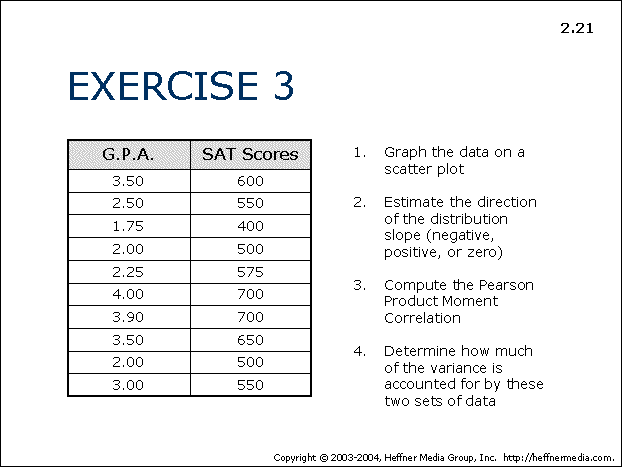
Coping Strategies Linked to Depression Risk in Teens, Young Adults
Over the course of their teenage and young adult years, people tend to face all kinds of challenging and stressful situations. How teens and young adults cope with the problems and new experiences they encounter may be key to their mental health.
The idea that there might be a link between the coping strategies people turn to and their risk for depression isn’t new, but a recent study decided to get more specific: it looked at what coping strategies exactly were associated with depression in adolescents and emerging adults, and how this association between coping and depression risk changed with age.
The study found that while certain coping styles went with higher risk of depression, the precise coping strategies that predicted depression changed between 14 and 24 years of age.
For example, people who used humor to cope tended to have more depressive symptoms in early adolescence, but fewer symptoms in later adolescence. Meanwhile, seeking out emotional support correlated with having fewer symptoms of depression, but only among older teenagers and young adults.
Coping strategies based on problem solving are a category of coping strategies that psychologists generally consider healthy. These include coping by finding concrete solutions to problems and planning out ways to deal with stressful situations.
In this study, the researchers found that the benefits of coping based on problem solving may not really kick in until later in adolescence. For the teenagers and young adults in the study, those who engaged in more coping by problem solving did have lower rates of depression, but this link didn’t appear until after they’d turned 17.
That said, some coping strategies appeared to have similar effects on depression risk for all the adolescents and young adults in the study, regardless of age. In particular, those who coped through denial and by venting their emotions tended to have more depressive symptoms whether they were 14, 24 or somewhere in between.
Overall, these results confirm the idea that problem solving and seeking out emotional support beat denial and venting. The twist, though, is that adolescents are still very much in the process of finding ways to cope with difficult situations, and the positive effects of certain coping strategies may not become apparent until later adolescence or emerging adulthood.
Image: Flickr/zellchan